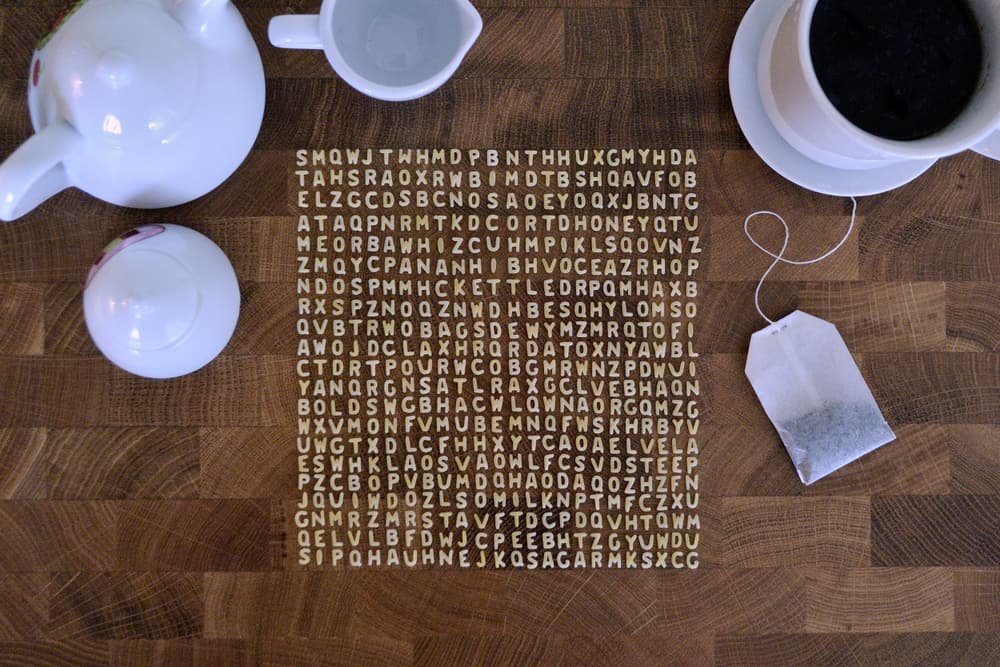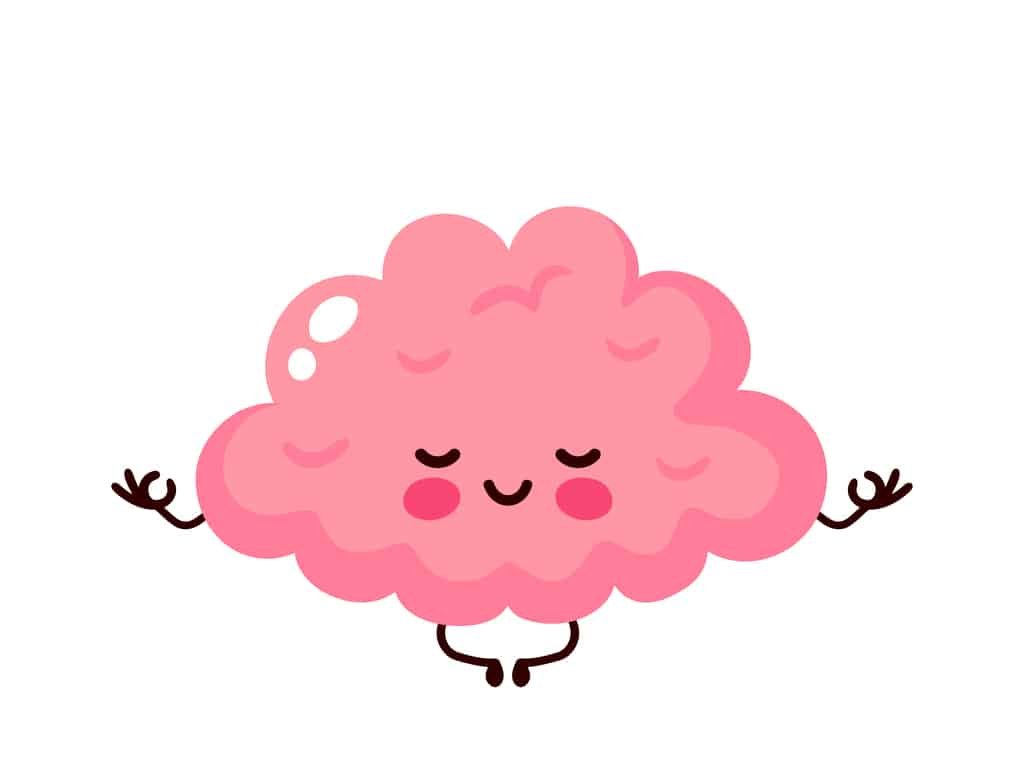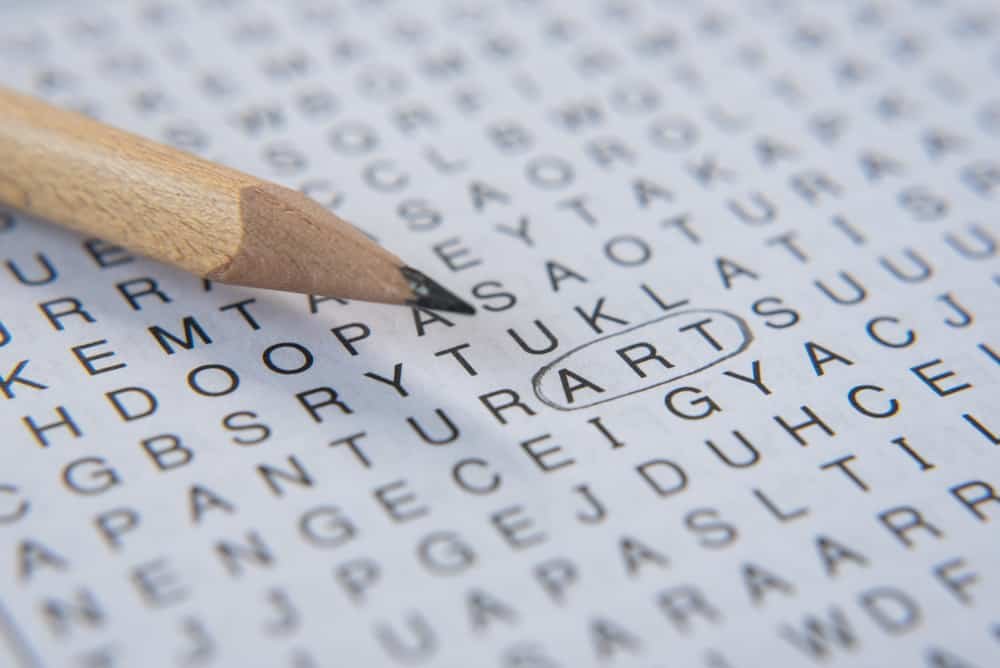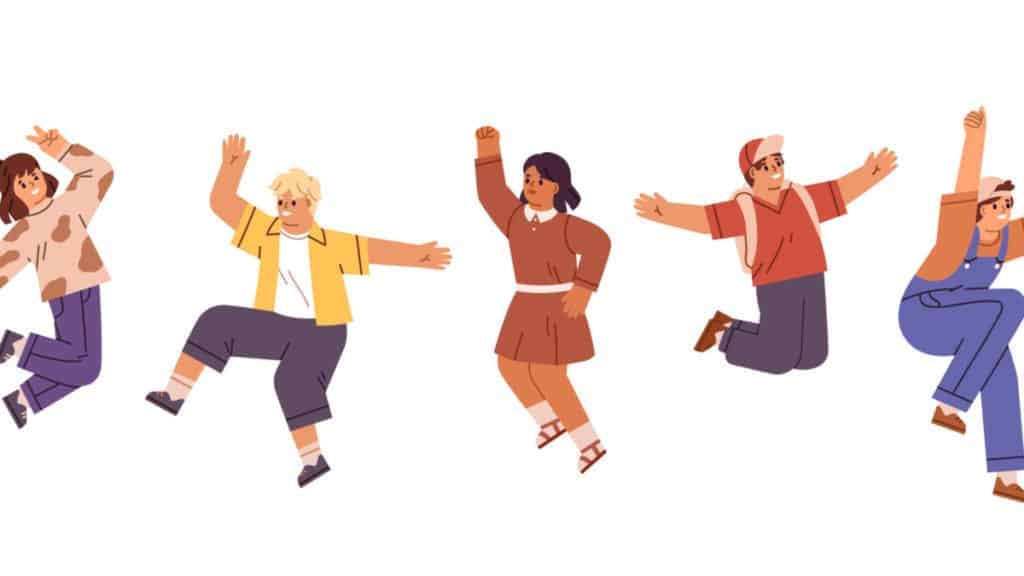Last Updated on January 7, 2024 by Gamesver Team and JC Franco

I have heard some people say that word games and puzzles are good for mental capacity, but is that true? Do you believe that doing word puzzles and playing word games will keep your mind “fit and active”? If you start to do regular word puzzles and play word-related games, will this impact on your memory and overall mental health positively?
I must admit that before I did my research, I wasn’t too sure about the answer. I wanted to know if there was any truth behind the claims of puzzles being good for brain health and so I set out to find out for myself. And I found out a lot!
Word puzzles are good for the brain and mental health in the following ways:
- Develop word recognition.
- Give the brain a work out by learning context clues.
- Help develop pattern recognition.
- Improve vocabulary and spelling.
- They are fun, which is good for the brain.
I was genuinely impressed to find out that Word puzzles are not just good for the brain…they are actually superb! It is also interesting to me that word puzzles and games are beneficial to people at all stages of life. I personally puzzled over Word Searches from a very young age, and I still set time aside every weekend to do at least one. It’s not a habit…it is actually become a hobby. One that is most enjoyable.
I wanted to get a bit more information on each of these positive effects of Word puzzles, so I delved a little deeper. Read on to find out more for yourself.
Why Word Puzzles are Good for the Brain and Overall Mental Health
Over the years, I have often found myself pondering why it is that puzzles are so good for mental health. I have always played them and enjoyed them, and quite frankly, I am always keen to participate in activities that are good for me. I feel that everything in life should be done with intention, and what better way to boost brain health than to intentionally enjoy word puzzles and games?

Let us take a look at each of the ways in which Word puzzles are good for the brain and memory.
Word puzzles develop word recognition.
When you are actually doing a puzzle with words, the action of the task spurs on word recognition.
For instance, that means that the more you do Word Search puzzles, the easier it becomes for your brain to recognize words. Most people are not even aware of it, but each time they consult the list of words to be found and then proceed to hunt for it in the grid, they are exercising the part of the brain that recognizes patterns (in this case the pattern of the letters to spell the word) and memorizes things. The more the mind is exposed to this type of thinking and exercise, the easier it will be able to recognize words and pick out a pattern.
Word puzzles give the brain a work out by learning context clues.
If you are wondering what context clues are; it is not complicated at all. Context clues are something that helps us with basic understanding and communication skills. It is what helps us to relay a message clearly and helps others to pick up on the message with ease.
Context clues build fluency in language and communication. It basically means that the brain is following the conversation or communication in context. To do so, the brain has to develop fluency, and this can be done with Word puzzles. There are two kinds of context clues that one can develop through Word Search puzzles and word games. These are:
- Meaning and semantic clues. This basically means that the brain can expect and follow on in a communication about automobiles when it sees relating words such as steering wheel, handbrake, wiper blades, and so on. These are all context clues that help the person understand what is relevant to the current task or communication. This is achieved in Word Search puzzles by the themes that are set.
- Image clues (picture clues). Often these are used in schools where teachers create a Word Search puzzle that includes pictures instead of words. This really does get the mind working and thinking along the lines of the actual theme of the image.
Word puzzles help develop pattern recognition.

Let’s talk about pattern recognition and the role it plays in our lives. Have you ever been able to skim over a sentence and know what it says without having to read each and every word? That’s because your brain has become quite skilled at pattern recognition in words. If you are new to reading and spelling, skim reading is extremely difficult. Now you probably have a slightly better understanding of the role of pattern recognition in our lives. It’s actually useful in various areas of our lives, not just spelling.
The reality is that they have everything to do with words. Words are spelled in particular ways because they form patterns. Certain letters always follow on from others, certain sounds require a series of letters to be used in a particular sequence, and so on.
Think about it. When you see the letter Q, what do you expect to see next? The letter U is expected next and you only know that because your brain has seen it enough time and has now recognized the pattern. It is much the same with the letter T – most often, it is followed by the letter E or the letter H. This also leads the brain towards better fluency.
Word puzzles improve vocabulary and spelling.
What type of role does a Word puzzle play in the task of learning to spell and understand new words? If you think about it, how does the brain learn to spell? When you were in primary school stages, did you just know how to spell, or did you have to practice?
Obviously, you had to be exposed to certain words, say them often, copy them from a written provision onto your own book/paper, and then practice trying to remember how to spell them by saying them out loud. For instance, because a Word Search puzzle requires the participant to read the word, recognize how it is spelled and then search the grid for the word, it really does help to improve learning how to spell certain words.
Much the same, vocabulary is boosted when a person is presented with a word in the list that they have never heard of before or do not know the meaning of.
Word Search puzzles are fun, which is good for the brain.

In order for the brain to learn and pick up on new things, there needs to be an element of interest and fun. It is easy to overlook just how important it is for the brain to relax, unwind, and have fun. If you lead an extremely stressful and busy life, you may overlook the importance of this.
The best way to keep a healthy and happy mindset is to ensure that your brain receives a workout, yes, but also to ensure that you have time to rest, repair, unwind and have fun.
Why Word Puzzles and Word Games are Good for Mental Development
After learning all of this, I am certain that Word puzzles are great for memory and overall mental health, but what do you think? You might wonder what makes Word games and puzzles good for mental development. The reality is that your brain is much like any other muscle of the body. In order to grow it and maintain it, you need to work it out. You can’t just go to the gym once and expect your muscles to be strong and toned. It works much the same with the brain. You need to consistently work out the brain to keep it in good shape.
This is why Word Puzzles and similar games are highly recommended for children entering the education phase of their lives, as well as the elderly who are no longer working and entering their senior years.
Last Word
When it comes to working out the memory and the brain in general, there’s a wide selection of puzzles and games for you to choose from. I personally strongly recommend choosing a word game or puzzle. Choosing a word game or puzzle, like Word Search, gives the brain the type of workout that it can derive the significant benefit from. You can’t go wrong by adding Word puzzles to your life. Try them out for yourself!

